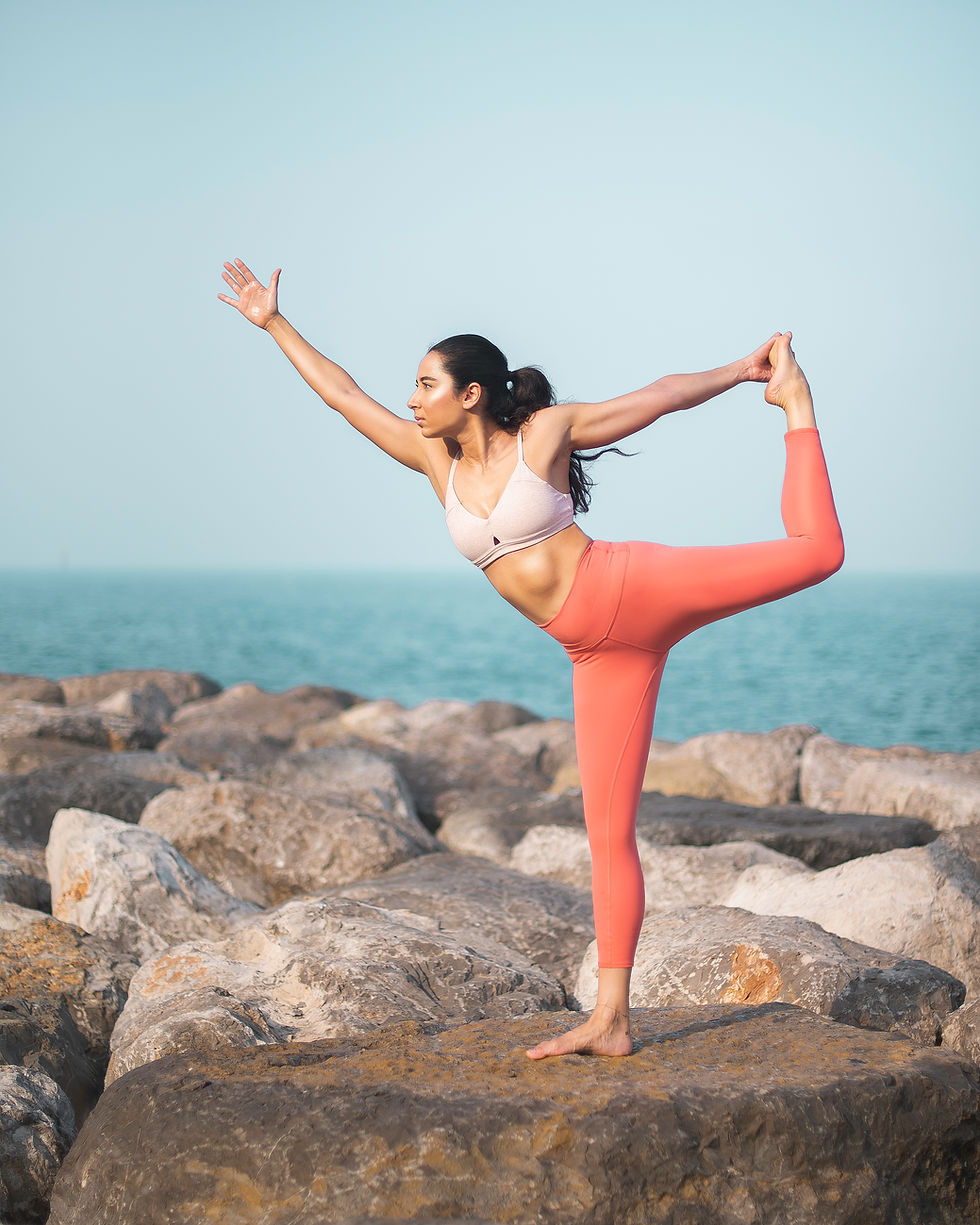Balance, Falls, and Independence: Why Prevention Matters as You Age
- Nashville PT

- Sep 20, 2025
- 3 min read

We don’t often think about balance until something happens to shake it—like a stumble on the stairs or a near-miss on a slick floor. But balance is one of the most important pieces of healthy aging. The good news? It’s not just luck—balance can be trained, improved, and protected at any age.
At Nashville Physical Therapy & Performance, we see balance as a key part of independence. By keeping it strong, you can continue living life on your terms—whether that’s hiking on the weekends, walking the dog, or simply moving confidently through your home.
Why Balance Declines With Age
Aging naturally brings changes to strength, flexibility, vision, and even the way our inner ear processes movement—all of which affect balance. Studies show that one in four adults over 65 will experience a fall each year (CDC, 2023). While not every fall causes injury, the risk of fractures, hospitalization, and loss of independence increases as we get older.
The surprising part? Balance isn’t a fixed trait—it’s a skill, just like strength or flexibility. And it can be improved with the right exercises and strategies.
The Cost of Ignoring Balance
Poor balance doesn’t just mean a higher risk of falls. It can also lead to:
Decreased confidence—avoiding activities you once loved for fear of falling.
Reduced independence—needing help with daily tasks.
Declining fitness—less movement means weaker muscles, slower reflexes, and even poorer balance (a cycle we don’t want to start).
Falls may be common, but they’re not inevitable. Prevention really does matter.
Building Better Balance
Balance training isn’t complicated—it just needs to be consistent. Some ways we help patients work on balance include:
Strengthening the lower body—muscles in the hips, legs, and core are essential to stability.
Challenging the balance system safely—using single-leg exercises, uneven surfaces, or dynamic movements.
Improving flexibility and posture—tight muscles or poor alignment can throw off your center of gravity.
Dual-task training—practicing balance while adding another activity, like turning your head or carrying an object, to mimic real life.
These exercises don’t just protect against falls—they improve overall movement quality and confidence.
How We Can Help
At Nashville Physical Therapy & Performance, we build personalized programs that target the root causes of poor balance. Instead of generic “balance classes,” our one-on-one approach allows us to:
Assess your unique risk factors.
Identify weaknesses or habits that may contribute to instability.
Create a plan that combines strength, mobility, and coordination training.
Progress you safely and appropriately—so you never feel like you’re in over your head.
Our goal is always the same: to help you move confidently and keep your independence.
Balance Isn’t Just About Standing Still
Balance is about moving through life with confidence. Whether that’s stepping onto a boat, walking on uneven ground, or simply carrying a laundry basket up the stairs, better balance means more freedom.
If you’ve noticed changes in your stability—or if you just want to be proactive about healthy aging—physical therapy can help.
Don’t wait for a fall to remind you how important balance is. Contact Nashville Physical Therapy & Performance and let’s build a stronger, steadier you.
References
Centers for Disease Control and Prevention. (2023). Important Facts about Falls. https://www.cdc.gov/falls/facts.html
Sherrington, C., et al. (2019). Exercise for preventing falls in older people living in the community. Cochrane Database of Systematic Reviews, Issue 1. https://doi.org/10.1002/14651858.CD012424.pub2




Comments